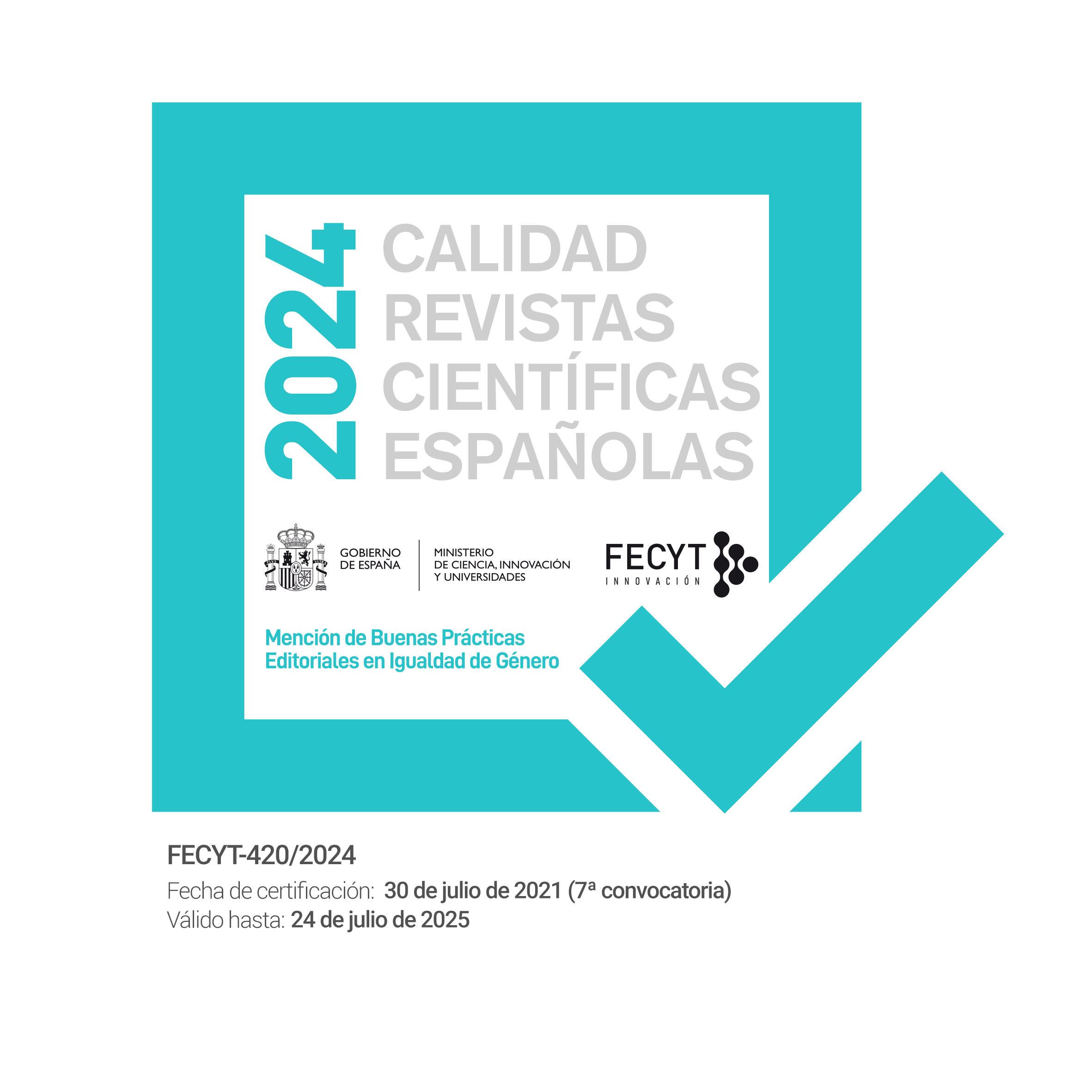"JE SUIS UN COWBOY DU FAR WEST": A STUDY OF TEXTUAL MÉTISSAGE IN DJANET LACHMET'S AUTOBIOGRAPHICAL NOVEL 'LE COW-BOY' (1983)
Keywords:
comparative literature, life-writing, Algerian literature in French, intertextuality, Algerian Revolution, popular cultureAbstract
This paper explores the idea of métissage – a kind of intertextuality – as it has been theorized by Françoise Lionnet (1989) through a close reading of Le Cow-boy (1983), an autobiographical novel by Djanet Lachmet about the Algerian Revolution (1954–1962). Lionnet (1989) describes métissage as a textual weaving of traditions in order to reintroduce oral Creole customs and to re-evaluate received Western concepts. The term carefully links issues of race, politics, reading and writing. Described as a «life-story», Lachmet’s Le Cow-boy is the story of Lallia, a young girl growing up during the Algerian liberation struggle of the 1950s and sixties. Providing both a critique of métissage and study of its possible manifestation in the novel, I ask whether life-writing is – in this case – a kind of stratagem that opens up ambiguous spaces of possibility where a subject of violent history and an agent of discourse might engage with one another; where new modes of interaction between the personal and the political might be meaningfully explored.Downloads
How to Cite
Issue
Section
License
All contents published in the journal are protected under a Creative Commons BY-NC-ND license. This corresponds to legislation within Spain, and does not allow commercial use of the texts. It is not possible to modify the contents either.
General information.
Comparative Literature magazine 452ºF [ISSN 2013-3294] is a publishing project coordinated by Asociación Cultural 452ºF, and developed by its Editorial board.
Access to the Contents and Copyright.
All contents published in the journal are protected under a Creative Commons BY-NC-ND license. This corresponds to legislation within Spain, and does not allow commercial use of the texts. It is not possible to modify the contents either.
Every person has free access to the contents of the journal as long as they understand and assume that no profit is to be made on other people’s work.
In all cases, the original source name of the online journal and the article must be mentioned when used for any purposes.
Basic Conditions of all Call for Papers.
- 1. The author accepts that sending the paper:
- a. Does not guarantee the publication of it.
- b. Is done in accordance to the style-sheet of the magazine and the requirements of the specific call for papers.
- c. Implies the non-exclusive transferring of the first publication rights of the paper, as long as it is selected to be published in the journal, to theAsociación Cultural 452ºF, under a Creative Commons BY-NC-ND license.
- 2. The journal 452ºF, in due respect to moral rights of a copyright, guarantees that:
- a. All papers will be evaluated according to the procedure already mentioned.
- b. All authors will receive either a positive or negative answer to their sending a paper for publication.
- c. All papers will be published unabridged. The journal might make changes in the typographical disposition according to the needs.
- d. All papers will be published under a Creative Commons BY-NC-ND license.




